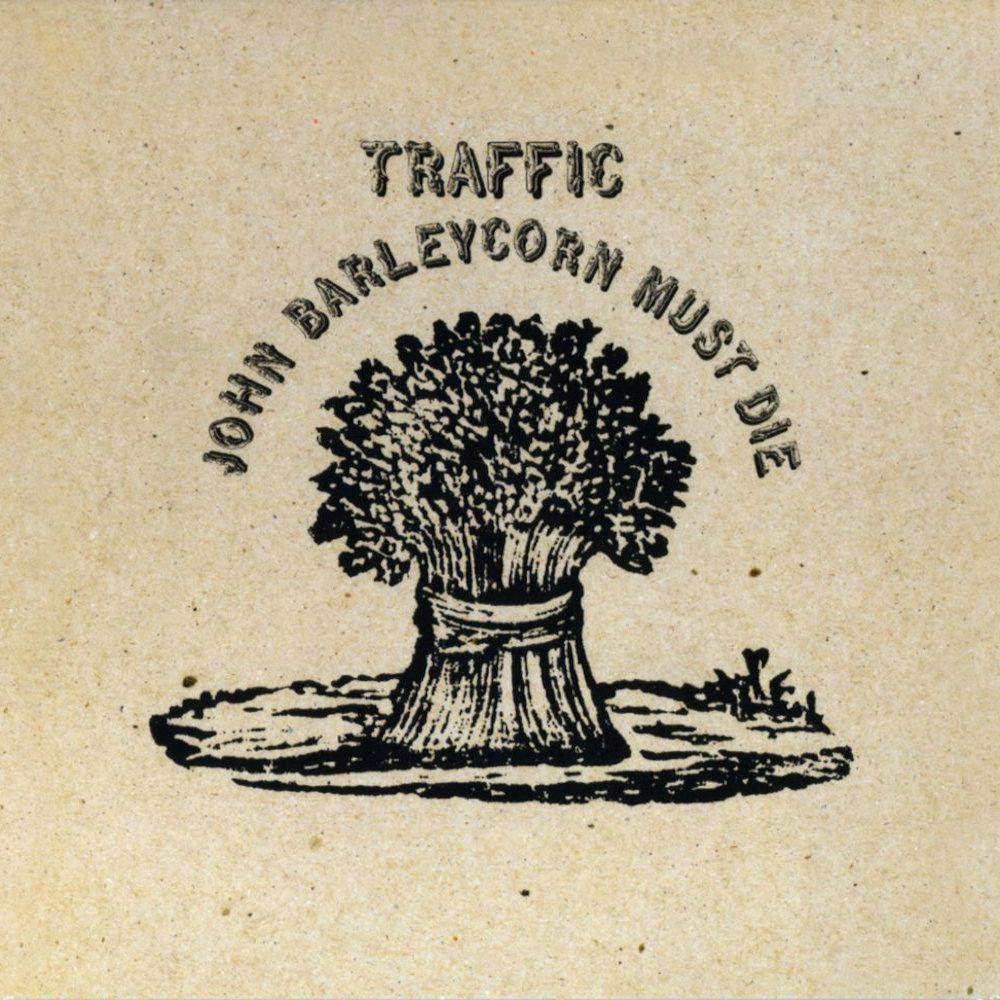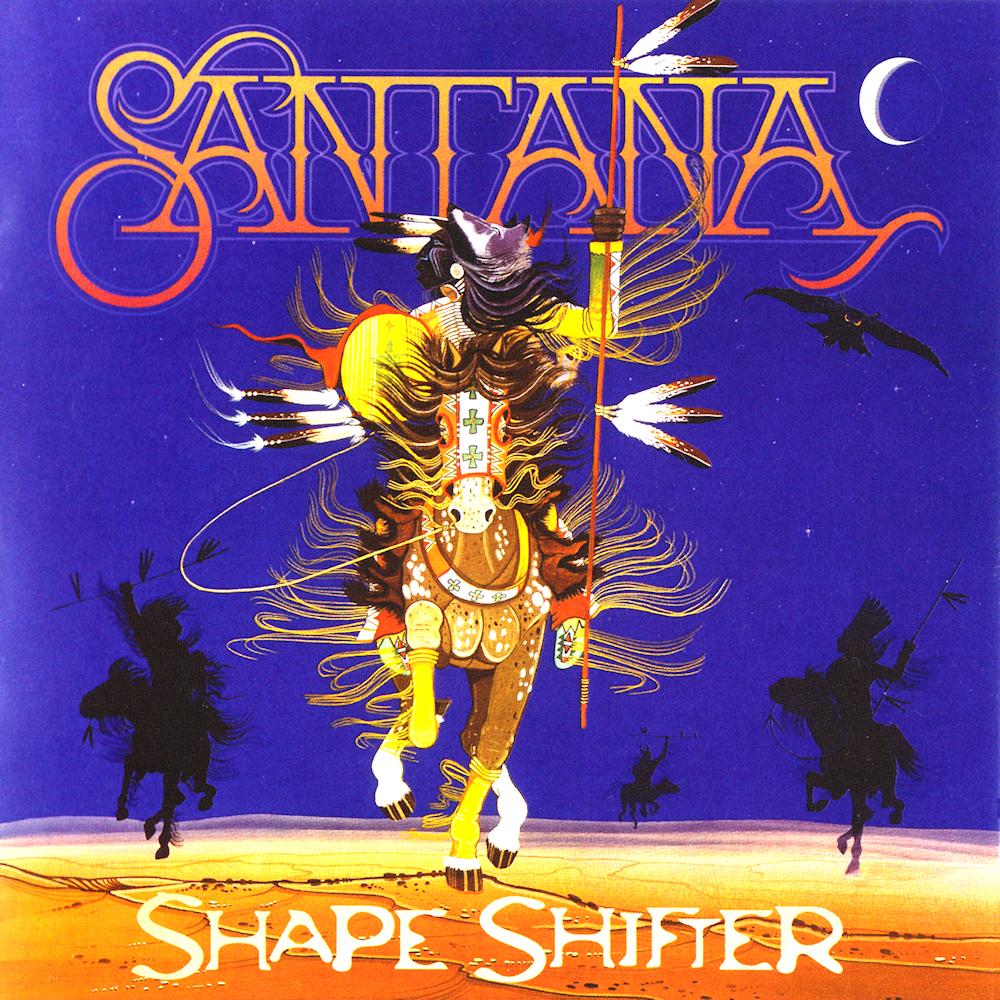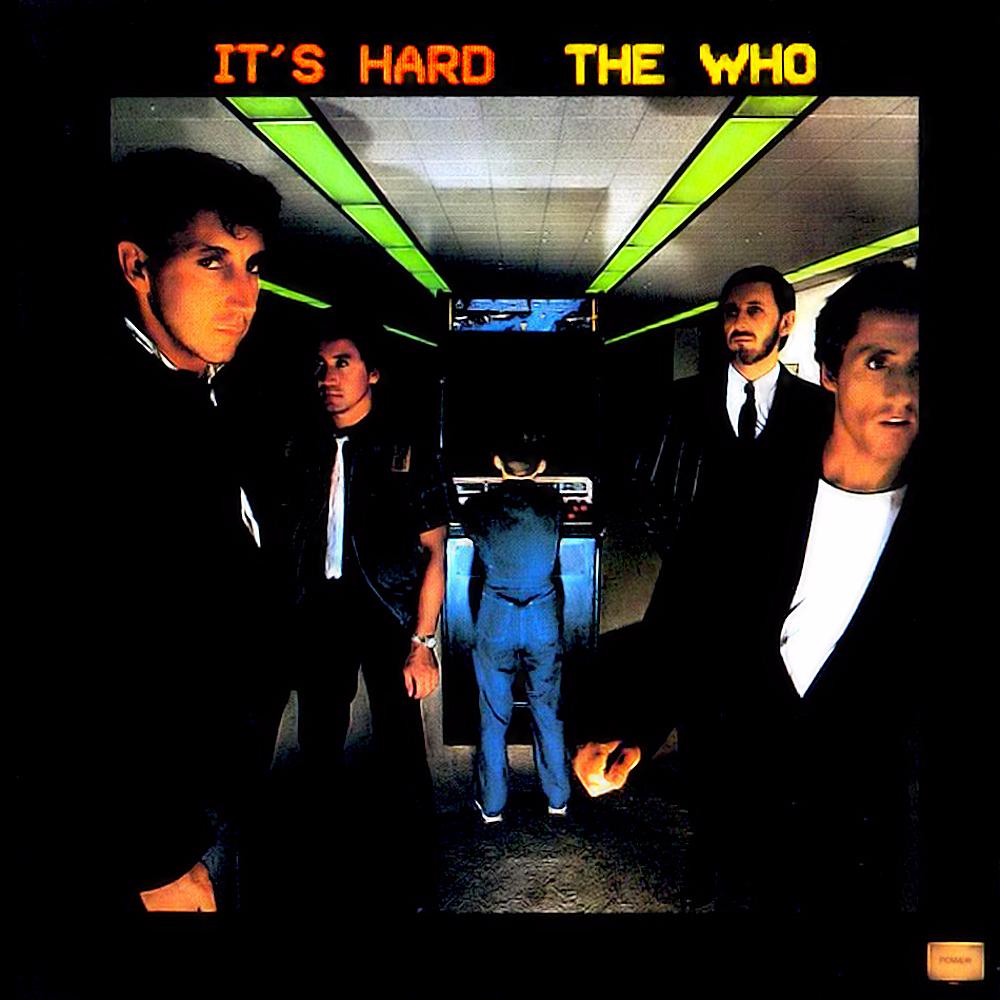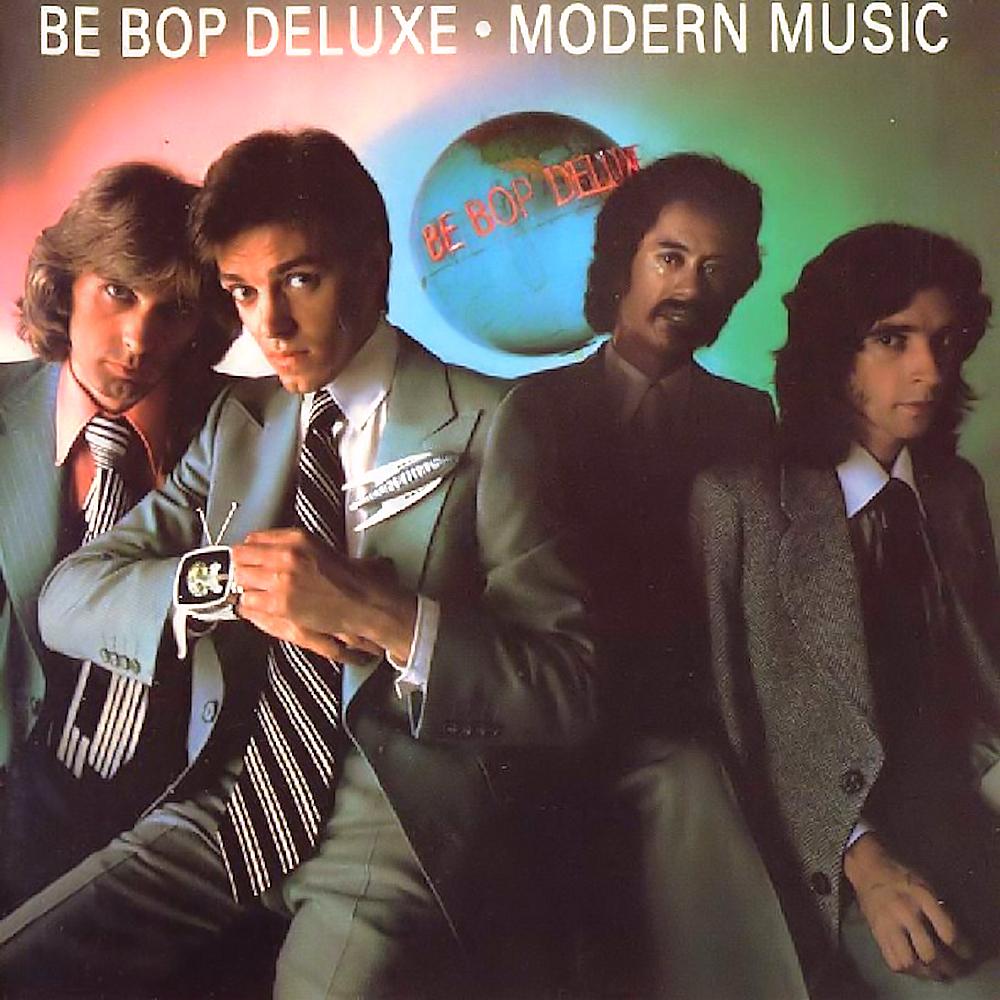
Album Information:
Album ID: 10422
About Traffic:
Traffic was a British rock band that formed in Birmingham in 1967. The group consisted of Steve Winwood (vocals, keyboards, guitar), Jim Capaldi (drums, percussion, vocals), Chris Wood (flute, saxophone, keyboards), and Dave Mason (guitar, sitar, vocals). They are regarded as one of the most influential bands of the late 1960s, fusing elements of rock, folk, jazz, and psychedelic music into a unique sound.
The band's first album, 'Mr. Fantasy,' was released in 1967 to critical acclaim. It featured the hit single 'Paper Sun,' which reached the top five in the UK charts. The album also showcased the band's improvisational skills and eclectic influences, including Indian music, blues, and jazz.
In 1968, Mason left the band to pursue a solo career. Traffic continued as a trio, releasing the album 'Traffic' later that year. The album featured the classic track 'Feelin' Alright,' which became a hit for Joe Cocker in 1969. Traffic's third album, 'Last Exit,' was released in 1969 and marked a move towards a more experimental sound, incorporating elements of free-form jazz and avant-garde music.
In 1970, Winwood left the band to pursue a solo career, and Traffic disbanded shortly thereafter. However, the band reconvened in 1971 with a new lineup, featuring Rosko Gee on bass and Rebop Kwaku Baah on percussion. This lineup released four albums over the next few years, including 'The Low Spark of High-Heeled Boys,' which featured the title track and remains one of the band's most popular songs.
Over the years, Traffic went through several personnel changes and hiatuses before finally disbanding for good in 1994. Throughout their career, they were known for their adventurous musical spirit and willingness to incorporate a wide range of influences into their music. They were inducted into the Rock and Roll Hall of Fame in 2004, cementing their status as one of the most innovative and influential bands of their era.
About the album John Barleycorn Must Die:
Sure, John Barleycorn Must Die is a highly acclaimed and iconic album by British rock band Traffic, released in 1970. The album is defined by its blend of folk, rock and jazz-oriented influences and its experimental and improvisational approach.
The album opens with the dazzling instrumental track 'Glad', featuring intricate guitar solos, sustained bass grooves, and extended organ runs. The second track, 'Freedom Rider', combines a pulsing rhythm section with haunting vocals by Steve Winwood, passionate saxophone playing, and lush keyboard textures.
The title track, 'John Barleycorn Must Die' is a traditional English folk ballad, given a contemporary, electric rock treatment by Traffic. The song features Steve Winwood's heartfelt vocals and expressive piano playing, along with a memorable electric guitar solo by Dave Mason.
Other standout tracks on the album include 'Stranger to Himself', a passionate and introspective meditation on the human condition, and 'Every Mother's Son', another high-energy instrumental romp featuring Sean McClaughlin's flute and Chris Wood's saxophone.
Overall, John Barleycorn Must Die is a highly original and influential album that captures the creative spirit of Traffic at their best. It showcases the band's technical virtuosity, their experimental approach to songwriting, and their ability to fuse different musical influences into a cohesive and satisfying whole. The album continues to be appreciated and celebrated by music lovers and critics alike, as a landmark work of the 1970's British rock scene.
Members:
Traffic was a British rock band that was formed in 1967. The band went through various personnel changes over the years, but some of the key members were:
1. Steve Winwood - Steve Winwood was born on May 12, 1948, in Birmingham, England. He was the lead vocalist and played keyboards, guitar, and bass for Traffic. Winwood started playing music at a young age and formed his first band, the Spencer Davis Group, at the age of 14. He also played in the supergroup Blind Faith before joining Traffic. Winwood left the band in 1969 to pursue a solo career.
2. Jim Capaldi - Jim Capaldi was born on August 2, 1944, in Evesham, England. He was the drummer and also contributed vocals and songwriting to the band. Capaldi was a founding member of Traffic along with Steve Winwood. He continued with the band until its breakup in 1975. Capaldi also released many solo albums throughout his career.
3. Chris Wood - Chris Wood was born on June 24, 1944, in Birmingham, England. He played the saxophone, flute, and keyboards for Traffic. Wood was a founding member of the band and contributed to many of their most famous songs. He passed away in 1983.
4. Dave Mason - Dave Mason was born on May 10, 1946, in Worcester, England. He played guitar for Traffic and also contributed vocals and songwriting. Mason was with the band for their first two albums, but left in 1968 to pursue a solo career. He would later rejoin the band for brief periods over the years.
5. Ric Grech - Ric Grech was born on November 1, 1946, in Bordeaux, France. He played bass and violin for Traffic. Grech joined the band in 1970 and remained until they disbanded in 1975. He previously played in the bands Family and Blind Faith.
These were some of the key members of Traffic and their biographies.
Track List for John Barleycorn Must Die:
1. 'Glad' (6:59) - The album opens with 'Glad', a mellow instrumental piece with a jazzy feel. The track features a smooth fusion of guitar, organ, saxophone, and percussion.
2. 'Freedom Rider' (5:26) - 'Freedom Rider' begins with a slow and haunting organ melody that slowly builds into a driving rhythm of bass, drums, and guitar. The vocal delivery is emotive and the lyrics address themes of freedom and the power of the individual.
3. 'Empty Pages' (4:34) - 'Empty Pages' is a gentle ballad with a melodic and melancholic guitar and flute interplay. Steve Winwood's vocals are heartfelt and the lyrics express a sense of longing and loss.
4. 'I Just Want You to Know' (1:35) - This short instrumental piece is a gentle interlude that serves as a transition to the next track.
5. 'John Barleycorn' (6:26) - The album's title track features an electrifying blend of folk and rock. The track tells the story of John Barleycorn, a personified symbol of barley and its transformation into beer. The song has a lively and upbeat tempo with captivating guitar solos.
6. 'St. James Infirmary' (6:20) - Traffic's rendition of the traditional blues song 'St. James Infirmary' is soulful and electrifying. The track features a strong bassline, bluesy organ riff, and exceptional guitar work.
7. 'Stranger to Himself' (4:05) - 'Stranger to Himself' is a hauntingly beautiful song with a memorable melodic guitar riff and harmonica fills. Steve Winwood's vocals are deeply emotional, conveying a sense of disillusionment and introspection.
Overall, John Barleycorn Must Die is a superb album that showcases Traffic's artistic versatility and their ability to seamlessly blend different genres of music. The album is a timeless classic that has inspired generations of musicians.
Discography for Traffic:
Sure, here is a complete discography for the artist Traffic in chronological order:
Albums:
1. Mr. Fantasy - December 1967
2. Traffic - October 1968
3. Last Exit - July 1969
4. John Barleycorn Must Die - July 1970
5. The Low Spark of High Heeled Boys - November 1971
6. Shoot Out at the Fantasy Factory - February 1973
7. On the Road - September 1973
8. When the Eagle Flies - June 1974
9. Far From Home - May 1994
Live Albums:
1. Welcome to the Canteen - September 1971
2. On the Road - September 1973
3. Last Great Traffic Jam - April 1995
Singles:
1. 'Paper Sun' / 'Giving to You' - UK: May 1967
2. 'Hole in My Shoe' / 'Smiling Phases' - UK: August 1967
3. 'Here We Go Round the Mulberry Bush' / 'Coloured Rain' - UK: October 1967
4. 'No Face, No Name, No Number' / 'Hope I Never Find Me There' - UK: February 1968
5. 'Feelin' Alright?' / 'Withering Tree' - US: October 1968
6. 'Medicated Goo' / 'Shanghai Noodle Factory' - US: May 1969
7. 'Pearly Queen' / 'Forty Thousand Headmen' - US: August 1969
8. 'Empty Pages' / 'Stranger to Himself' - US: December 1970
9. 'Rock & Roll Stew' / 'Many a Mile to Freedom' - US: May 1971
10. 'The Low Spark of High Heeled Boys' / 'Rainmaker' - US: October 1971
11. 'Shoot Out at the Fantasy Factory' / 'Roll Right Stones' - US: February 1973
Other Releases:
1. Heaven Is in Your Mind / Hole in My Shoe - (EP) - 1967
2. Traffic Collections - (Compilation) - 1969
3. Heavy Traffic - (Compilation) - 1975
4. Smiling Phases - (Box Set) - 1991
I hope this helps!


 Last Played: 11/01/24 04:28 AM
Last Played: 11/01/24 04:28 AM Last Played: 11/01/24 04:19 AM
Last Played: 11/01/24 04:19 AM